13 GPTs for Rights Management Powered by AI for Free of 2026
AI GPTs for Rights Management are advanced tools powered by Generative Pre-trained Transformers, designed to offer tailored solutions in managing and protecting intellectual property, copyrights, and digital rights. These AI tools leverage the capabilities of GPTs to process, understand, and generate language-based tasks, making them particularly adept at handling the complexities involved in rights management. Their relevance lies in the ability to automate and streamline legal processes, ensuring compliance and safeguarding against copyright infringement, thus providing efficient and reliable assistance in the field of Rights Management.
Top 10 GPTs for Rights Management are: Art to NFT,Elacity,Mr.Copyright,Music Mate,Music Contract Analyzer,Music Business Guru,Director Comercial,Publishing,👑 Data Privacy for Financial Inst. & Banks 👑,GDPR Helper
Art to NFT
Empowering Artists in the NFT Space
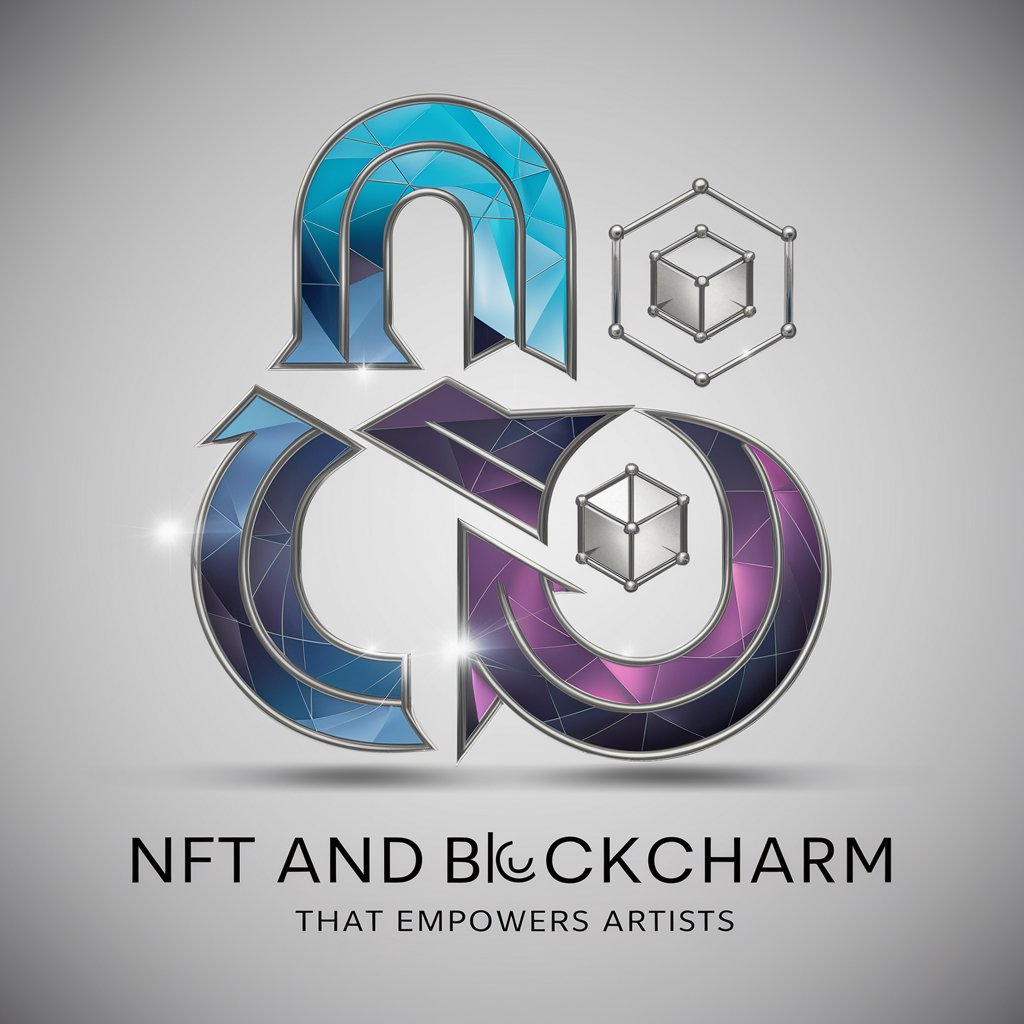
Elacity
Empower Your Creativity with AI
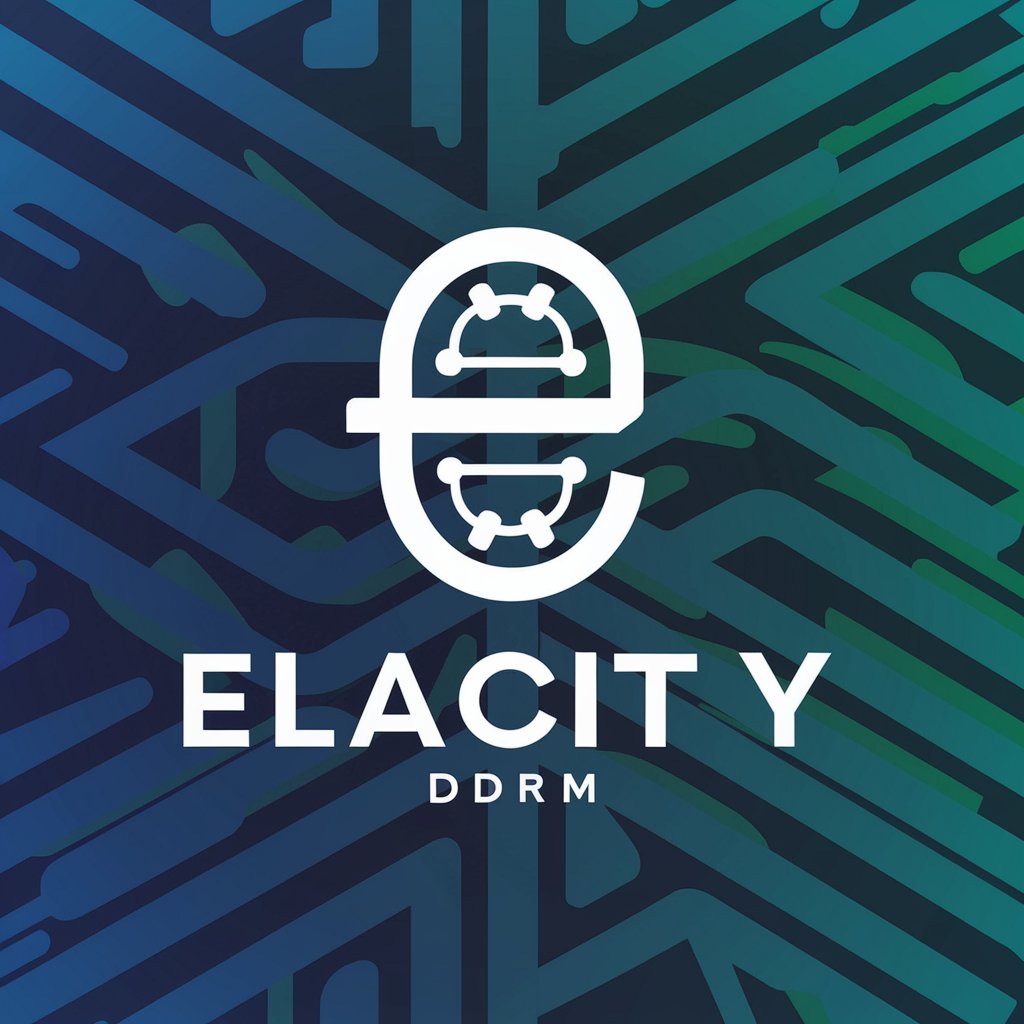
Mr.Copyright
Empowering Creativity, Securing Rights
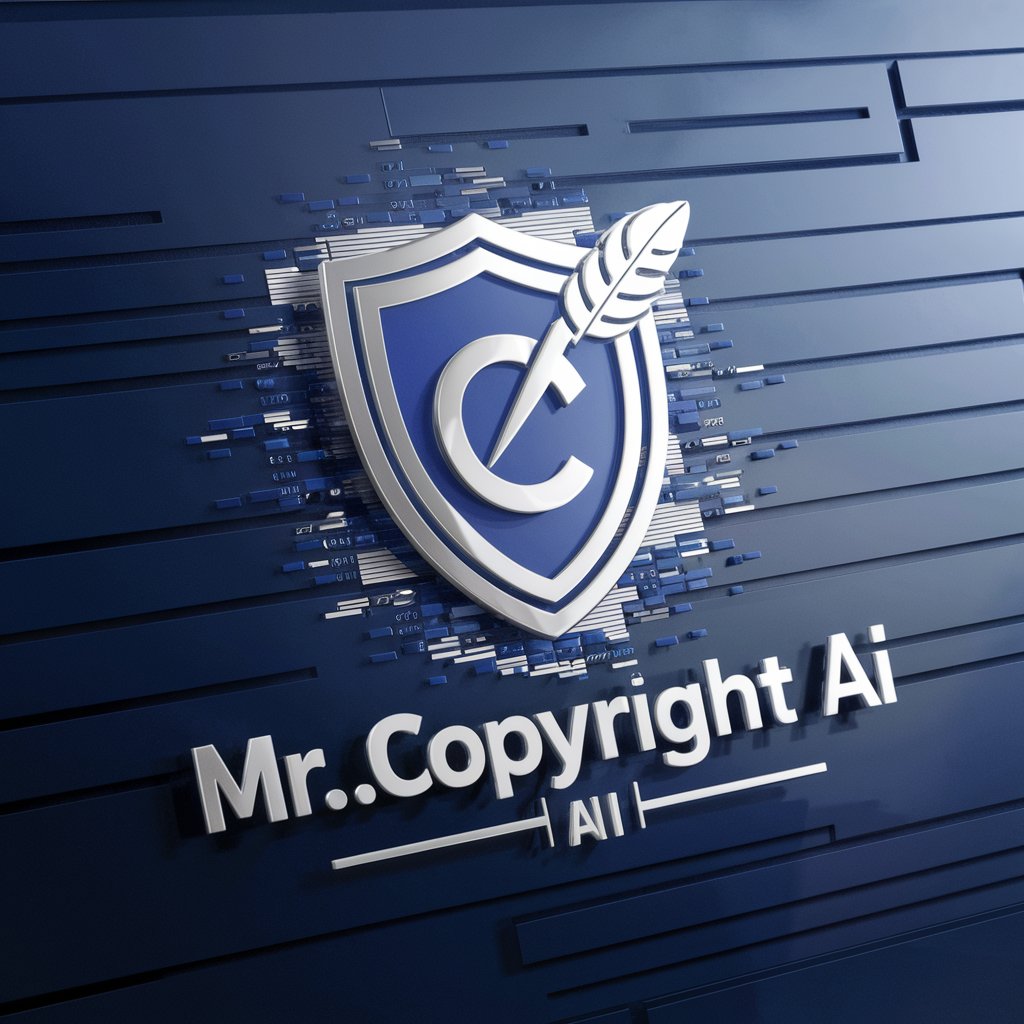
Music Mate
Empowering Artists with AI-Driven Music Rights Knowledge
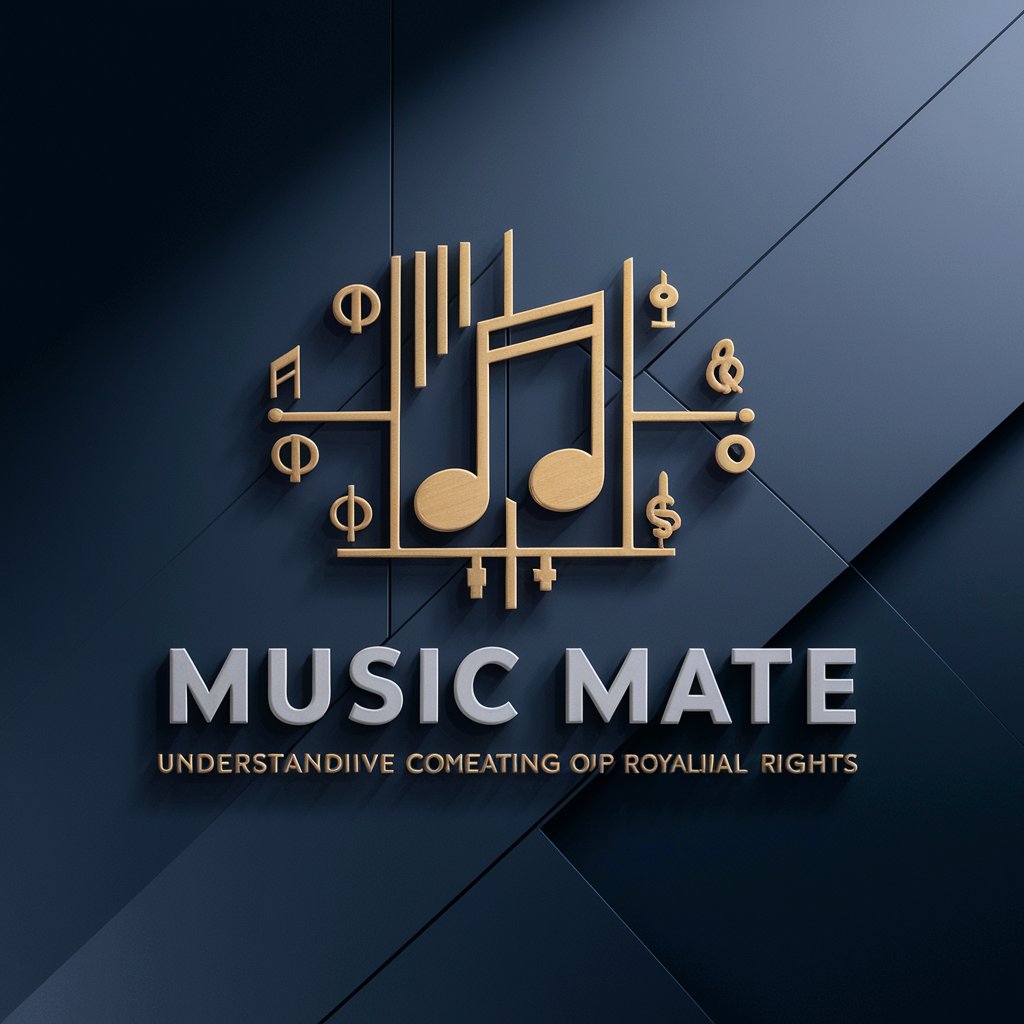
Music Contract Analyzer
Empower Your Music Rights with AI
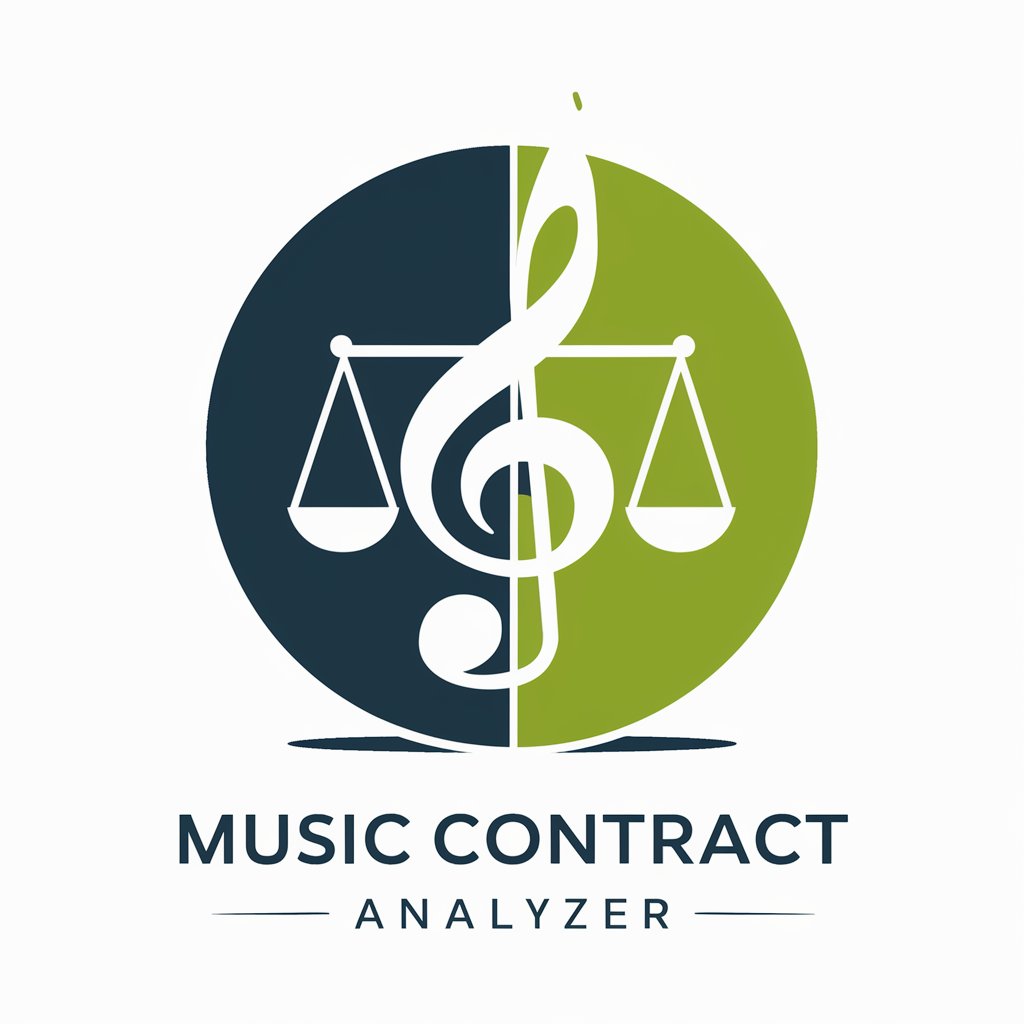
Music Business Guru
Empowering Your Music Journey with AI

Director Comercial
Expertise in Licensing & Audience Insights

Publishing
Empower Your Publishing Journey with AI

👑 Data Privacy for Financial Inst. & Banks 👑
AI-powered compliance for financial data

GDPR Helper
Streamlining GDPR Compliance with AI
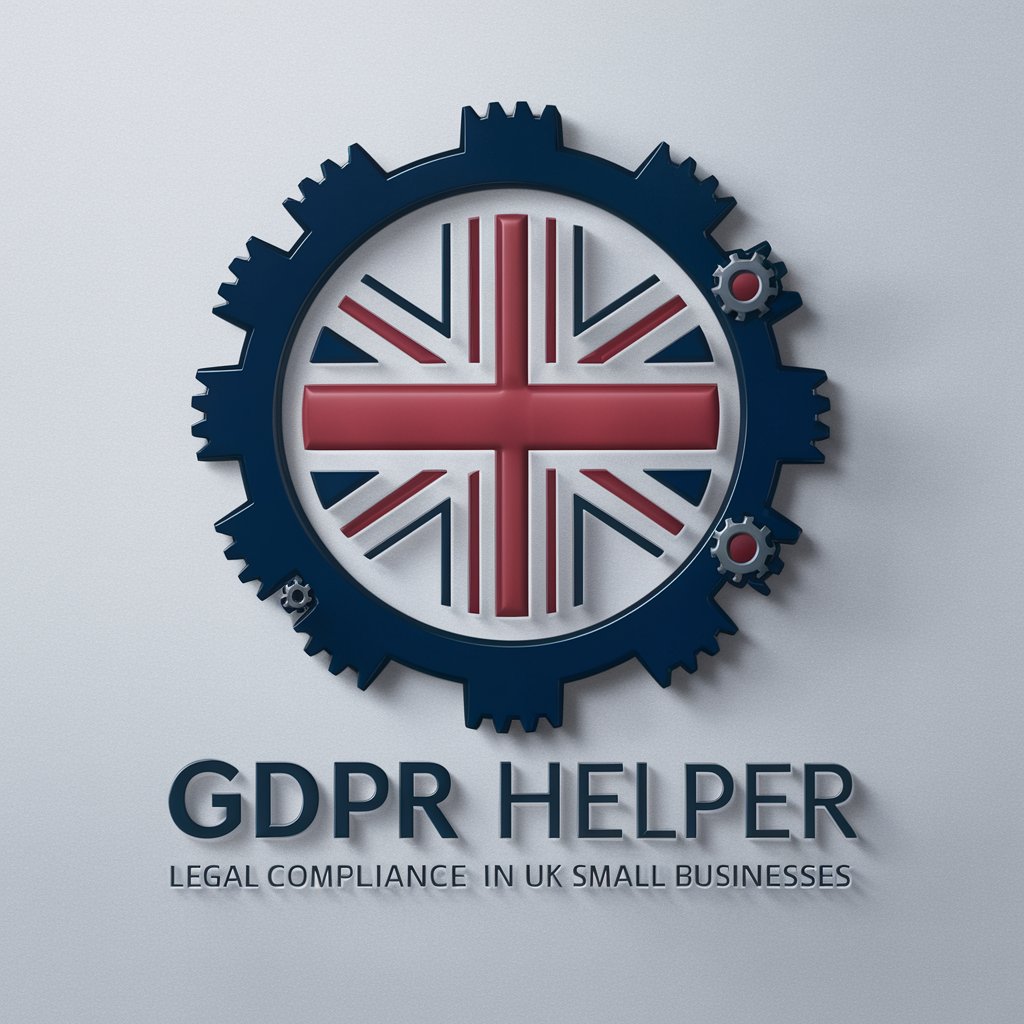
Music Distribution GPT
Empowering Your Music Journey with AI
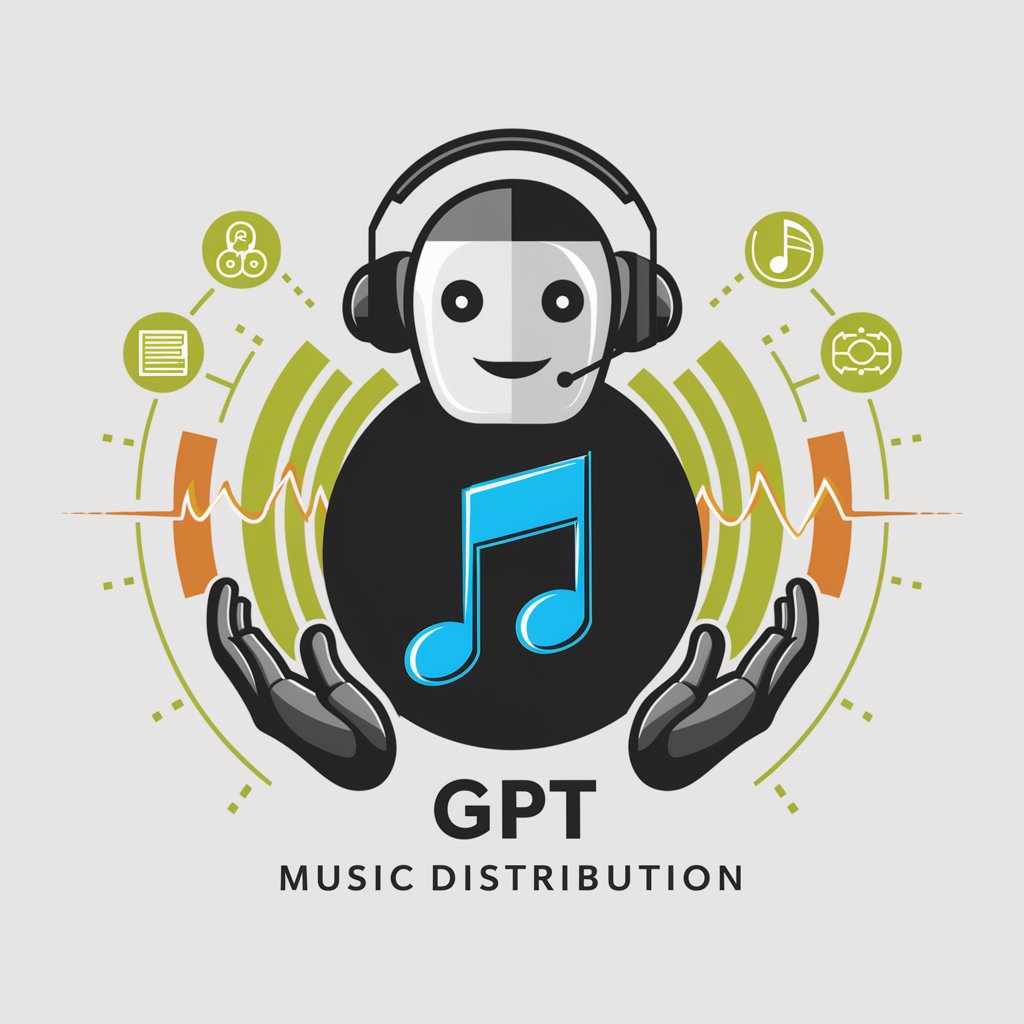
E-BookMaster AI Plus
Empowering Digital Publishing with AI
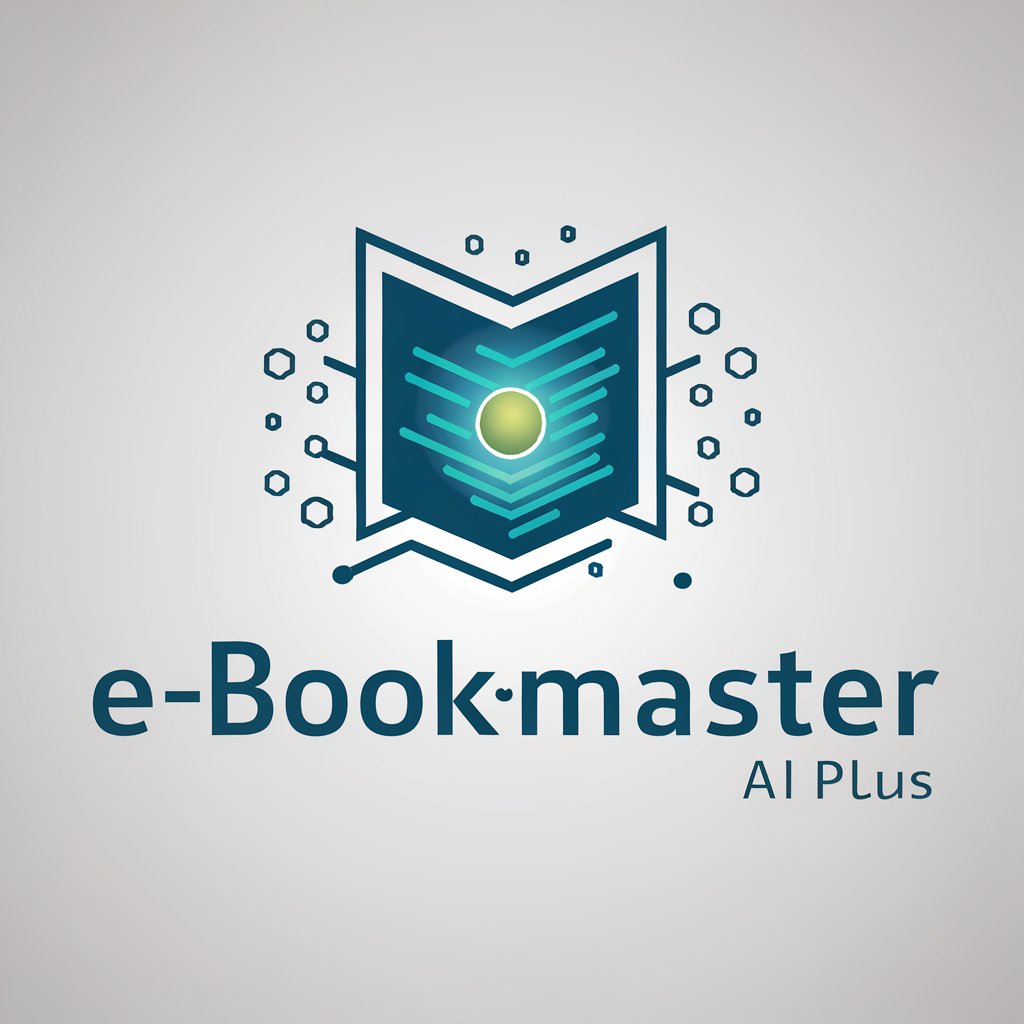
Music Career Mentor
Empowering Your Music Career with AI

Key Characteristics & Capabilities
AI GPTs for Rights Management come equipped with a variety of unique features that enhance their functionality in the legal domain. These include advanced natural language processing for drafting and reviewing legal documents, adaptability to different legal frameworks, and customization options to cater to specific rights management needs. Special features also encompass language learning for multi-jurisdictional support, technical assistance for integrating with existing legal databases, web searching for legal precedents, image creation for evidence compilation, and data analysis capabilities for trend spotting and risk assessment within the scope of copyright laws.
Who Benefits from AI GPTs in Rights Management
The primary beneficiaries of AI GPTs for Rights Management include legal professionals, copyright agents, digital content creators, and corporations managing large volumes of intellectual property. These tools are designed to be accessible to novices with no coding skills, offering intuitive interfaces and guided processes, while also providing extensive customization options for developers and professionals with programming expertise, enabling a more tailored approach to managing rights in various contexts.
Try Our other AI GPTs tools for Free
Ownership Tracking
Discover AI GPTs for Ownership Tracking: innovative tools designed to streamline the verification and management of asset ownership with cutting-edge AI technology.
Creative Security
Discover how AI GPTs for Creative Security revolutionize digital protection, offering tailored, AI-driven solutions for cybersecurity, content safeguarding, and intellectual property management.
Relationship Humor
Explore AI GPTs for Relationship Humor, your go-to for generating engaging, humorous content tailored to relationships. Perfect for anyone looking to add a touch of fun to apps, websites, or social media.
Dating Tips
Explore AI GPTs for Dating Tips: Your digital guide for personalized, insightful relationship advice, powered by cutting-edge AI technology.
Cloud Automation
Discover how AI GPTs revolutionize Cloud Automation with adaptable, intelligent tools designed to automate cloud services, enhancing efficiency and productivity.
CI/CD Pipelines
Discover how AI GPTs revolutionize CI/CD Pipelines, offering tailored automation and optimization for seamless software development.
Enhanced Customization & Integration in Rights Management
AI GPTs function as customized solutions across various sectors, offering interfaces that are both user-friendly and capable of integrating with existing workflows. This adaptability extends to the field of Rights Management, where the tools can be tailored to meet the specific needs of a project or organization, whether through direct interface adjustments or backend programming, providing a seamless experience in managing legal rights and compliance.
Frequently Asked Questions
What are AI GPTs for Rights Management?
AI GPTs for Rights Management are AI-driven tools designed to assist in the legal aspects of managing copyrights and intellectual property, leveraging the natural language processing capabilities of GPT technology.
How do these tools adapt to different legal frameworks?
They are programmed to learn and understand diverse legal systems and terminologies, allowing them to be customized to specific regulatory requirements and jurisdictions.
Can non-technical users operate these tools effectively?
Yes, these tools are designed with user-friendly interfaces that require no coding skills, making them accessible to non-technical users while also offering advanced features for professionals.
What makes these tools unique in Rights Management?
Their ability to process and generate complex legal language, adapt to various jurisdictions, and integrate with existing legal databases and systems sets them apart.
How can these tools benefit copyright agents?
They streamline the process of managing copyrights, from documentation to enforcement, reducing manual workload and improving accuracy and efficiency.
Are these tools applicable in all countries?
While designed to be adaptable, their effectiveness in specific countries depends on the customization and incorporation of the relevant legal framework and languages.
Can AI GPTs for Rights Management predict legal outcomes?
They can analyze past legal cases and trends to offer risk assessments and potential outcomes, but they cannot guarantee predictions due to the complexities of legal systems.
Is there support for multiple languages?
Yes, these tools often include language learning capabilities to support rights management in multiple languages, enhancing their applicability in global contexts.